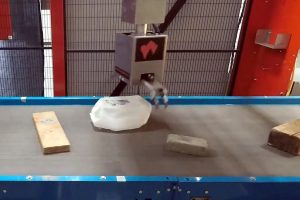
Still from a Waste Robotics demonstration video.
This story has been updated.
The Canadian government will invest in a company that’s developing artificial intelligence machinery to separate materials at recycling facilities.

Still from a Waste Robotics demonstration video.
This story has been updated.
The Canadian government will invest in a company that’s developing artificial intelligence machinery to separate materials at recycling facilities.
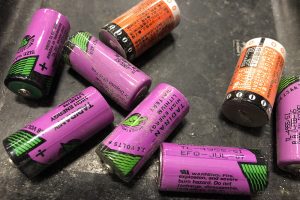 Two government initiatives looking to energize the lithium-ion battery recycling sector have officially launched, offering prize money to recycling entrepreneurs and a dedicated laboratory to house research projects.
Two government initiatives looking to energize the lithium-ion battery recycling sector have officially launched, offering prize money to recycling entrepreneurs and a dedicated laboratory to house research projects.
Canada’s capital tested whether wrapping receptacles with splashy graphics of recyclables can improve capture rates and reduce contamination. The move can be effective, but such a strategy also has limitations.
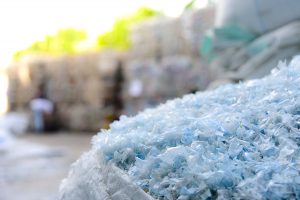 Intuition says making products from recycled plastic is better for the environment than using virgin plastic. A recent study puts hard numbers to that understanding.
Intuition says making products from recycled plastic is better for the environment than using virgin plastic. A recent study puts hard numbers to that understanding.
 The U.S. Department of Energy will dedicate millions of dollars to advance recycling of lithium-ion batteries, which present major challenges when they are improperly recycled and end up in MRFs.
The U.S. Department of Energy will dedicate millions of dollars to advance recycling of lithium-ion batteries, which present major challenges when they are improperly recycled and end up in MRFs.
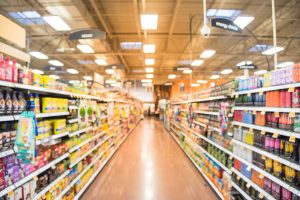 Oregon’s environmental agency has released research that suggests several popular packaging attributes – including “recyclable” and “recycled content” – do not consistently result in lower-impact products.
Oregon’s environmental agency has released research that suggests several popular packaging attributes – including “recyclable” and “recycled content” – do not consistently result in lower-impact products.
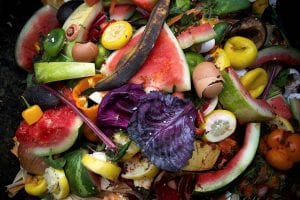 A survey of full-scale food scraps processing facilities in the U.S. provides insights into processing infrastructure for food and compostable paper and plastic packaging.
A survey of full-scale food scraps processing facilities in the U.S. provides insights into processing infrastructure for food and compostable paper and plastic packaging.
 WestRock and other players in the paper supply chain recently completed a pilot project that collected and recycled 25 million fiber cups from Starbucks.
WestRock and other players in the paper supply chain recently completed a pilot project that collected and recycled 25 million fiber cups from Starbucks.
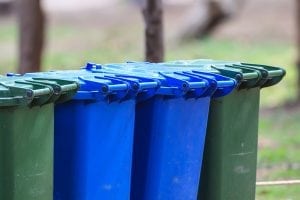 The Continuous Improvement Fund (CIF) recently looked into the efficiency of using collection-vehicle drivers to pick out contamination and other approaches that could lead to cleaner streams of recyclables.
The Continuous Improvement Fund (CIF) recently looked into the efficiency of using collection-vehicle drivers to pick out contamination and other approaches that could lead to cleaner streams of recyclables.
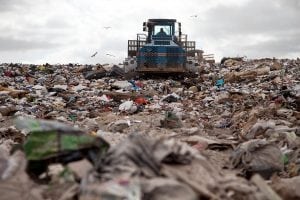 Yale University researchers estimate 230 million metric tons of MSW were landfilled in the U.S. in 2015, nearly twice the estimate from federal officials.
Yale University researchers estimate 230 million metric tons of MSW were landfilled in the U.S. in 2015, nearly twice the estimate from federal officials.

